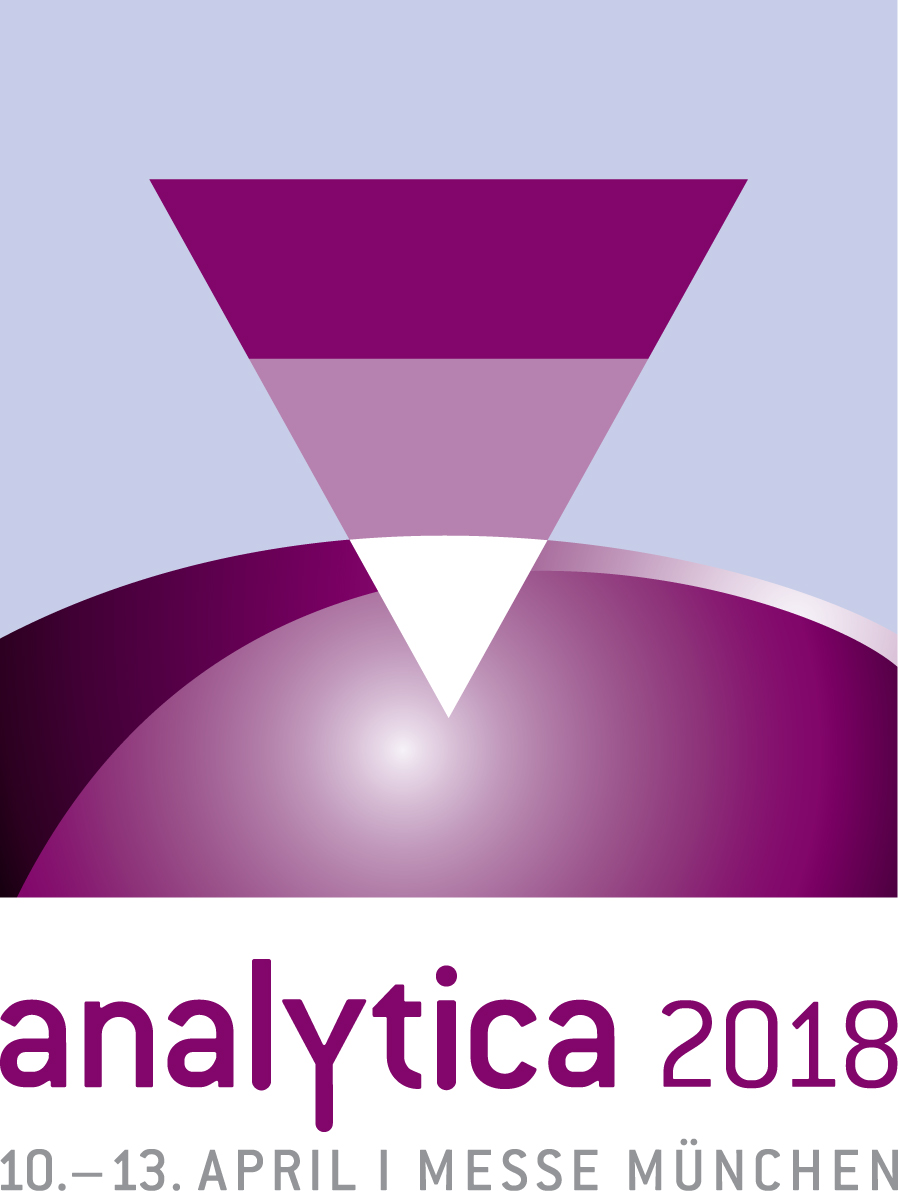Take Notes by Hand for Better Long-Term Comprehension
Dust off those Bic ballpoints and college-ruled notebooks — research shows that taking notes by hand is better than taking notes on a laptop for remembering conceptual information over the long term. The findings are published in Psychological Science, a journal of the Association for Psychological Science.
Walk into any university lecture hall and you’re likely to see row upon row of students sitting behind glowing laptop screens. Laptops in class have been controversial, due mostly to the many opportunities for distraction that they provide (online shopping, browsing Reddit, or playing solitaire, just to name a few). But few studies have examined how effective laptops are for the students who diligently take notes.
“Our new findings suggest that even when laptops are used as intended — and not for buying things on Amazon during class — they may still be harming academic performance,” says psychological scientist Pam Mueller of Princeton University, lead author of the study.
Mueller was prompted to investigate the question after her own experience of switching from laptop to pen and paper as a graduate teaching assistant:
“I felt like I’d gotten so much more out of the lecture that day,” says Mueller, who was working with psychology researcher Daniel Oppenheimer at the time. “Danny said that he’d had a related experience in a faculty meeting: He was taking notes on his computer, and looked up and realized that he had no idea what the person was actually talking about.”
Mueller and Oppenheimer, who is now at the UCLA Anderson School of Management, conducted a series of studies to investigate whether their intuitions about laptop and longhand note-taking were true.
In the first study, 65 college students watched one of five TED Talks covering topics that were interesting but not common knowledge. The students, who watched the talks in small groups, were either given laptops (disconnected from Internet) or notebooks, and were told to use whatever strategy they normally used to take notes.
The students then completed three distractor tasks, including a taxing working memory task. A full 30 minutes later, they had to answer factual-recall questions (e.g., “Approximately how many years ago did the Indus civilization exist?”) and conceptual-application questions (e.g., “How do Japan and Sweden differ in their approaches to equality within their societies?”) based on the lecture they had watched.
The results revealed that while the two types of note-takers performed equally well on questions that involved recalling facts, laptop note-takers performed significantly worse on the conceptual questions.
The notes from laptop users contained more words and more verbatim overlap with the lecture, compared to the notes that were written by hand. Overall, students who took more notes performed better, but so did those who had less verbatim overlap, suggesting that the benefit of having more content is canceled out by “mindless transcription.”
“It may be that longhand note takers engage in more processing than laptop note takers, thus selecting more important information to include in their notes, which enables them to study this content more efficiently,” the researchers write.
Surprisingly, the researchers saw similar results even when they explicitly instructed the students to avoid taking verbatim notes, suggesting that the urge to do so when typing is hard to overcome.
The researchers also found that longhand note takers still beat laptop note takers on recall one week later when participants were given a chance to review their notes before taking the recall test. Once again, the amount of verbatim overlap was associated with worse performance on conceptual items.
“I don’t anticipate that we’ll get a mass of people switching back to notebooks,” says Mueller, “but there are several new stylus technologies out there, and those may be the way to go to have an electronic record of one’s notes, while also having the benefit of being forced to process information as it comes in, rather than mindlessly transcribing it.”
“Ultimately, the take-home message is that people should be more aware of how they are choosing to take notes, both in terms of the medium and the strategy,” Mueller concludes.
Font: Lab Manager

















